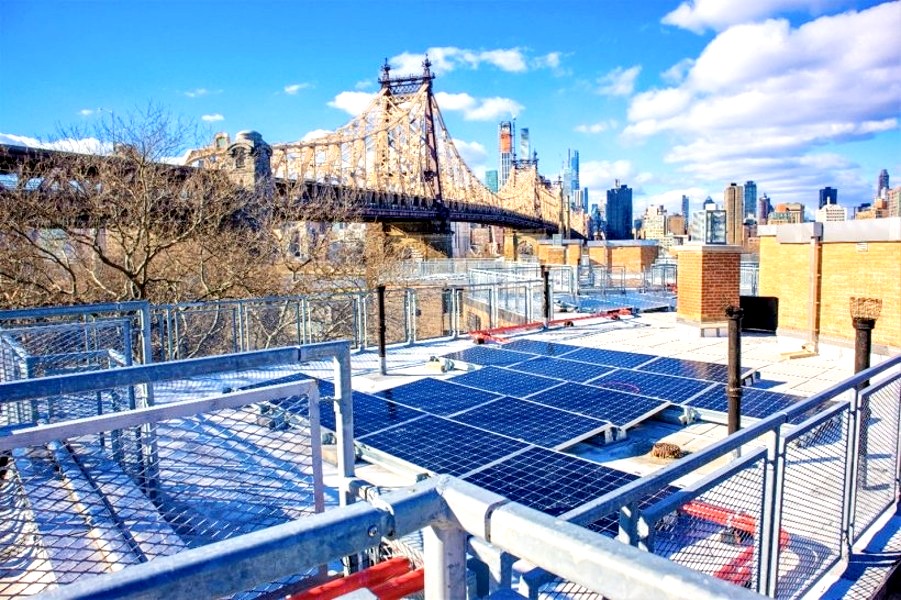 As COVID-19’s Omicron variant continues to impact nearly every aspect of American life, small restaurant operators are headed back to Capitol Hill to ask for financial help.
As COVID-19’s Omicron variant continues to impact nearly every aspect of American life, small restaurant operators are headed back to Capitol Hill to ask for financial help.
Industry officials say they need help dealing with higher costs and less revenue from diners who are nervous about dining out.
Things are so bad that more than 3,000 restaurant owners wrote U.S. lawmakers to say they were in danger of closing down for good if the Restaurant Revitalization Fund (RRF) isn’t refilled soon.
Things are so bad that more than 3,000 restaurant owners wrote U.S. lawmakers to say they were in danger of closing down for good if the Restaurant Revitalization Fund (RRF) isn’t refilled soon.
“I can’t go into further debt to salvage this restaurant,” Dwayne Allen, owner of the Breadfruit & Rum Bar in Phoenix, told FoodMarket. Allen said he had to close his restaurant for long stretches during the pandemic, which forced him to fall behind on paying his rent. When his landlord left him with no other option, Allen said he had to take out a $48,000 loan to keep the doors open.
Hoping that their support adds some validation and muscle to the situation, the mayors of 27 U.S. cities have come out in full support of small restaurant operators to urge Congress to refill the Restaurant Revitalization Fund.
In a new letter sent just last week, the mayors – who represent over 16 million Americans from Boston to Seattle – argue that not giving restaurants relief would be “catastrophic.”
In a new letter sent just last week, the mayors – who represent over 16 million Americans from Boston to Seattle – argue that not giving restaurants relief would be “catastrophic.” They emphasized that the Omicron variant is “causing more strife for restaurants and bars in such peril that they might not survive the winter.”
The consequence for consumers
As restaurateurs try to find ways to make ends meet, consumers are getting caught in the pinch. Customers are encountering issues ranging from missing menu items to long waits to get their meals.
In Knoxville, Tenn., one DoorDash driver told Reuters that he’s been sitting in drive-thru lines at fast-food chains for as long as 30 minutes since December. He noted that McDonald’s, Taco Bell, and Chick-fil-A all recently started putting up signs warning customers and delivery drivers of longer wait times because of labor shortages. Diners shouldn’t be surprised if some of their favorite menu items go missing.
“We took our sampler off the menu at many locations because it became a bottleneck for the kitchen,” said Brandon Wright, co-owner of Hamburger Mary’s International. “Some of the items on the platter had different cooking times, which took a lot of effort to coordinate. This often resulted in longer ticket times.”
But the National Restaurant Association (NRA) says the main reason why menu items go missing is due to supply chain issues. In a recent survey, 75% of restaurants stated that they have had to change menu items in recent months as a result of supply chain challenges reports Consumer Affairs.
The study found that 88% of fine dining operators and 81% of casual dining operators said they had to change their menus because of food supply delays or shortages.
The biggest hit is being felt by indoor dining operators. The study found that 88% of fine dining operators and 81% of casual dining operators said they had to change their menus because of food supply delays or shortages.
Become a Harlem Insider!
By submitting this form, you are consenting to receive marketing emails from: . You can revoke your consent to receive emails at any time by using the SafeUnsubscribe® link, found at the bottom of every email. Emails are serviced by Constant Contact








